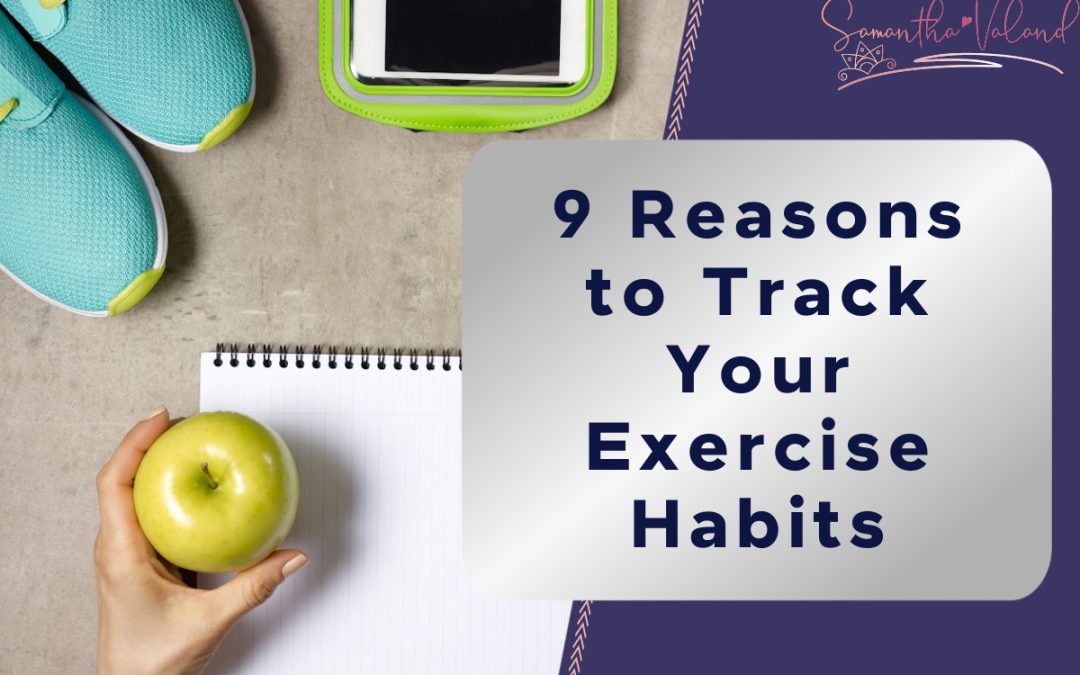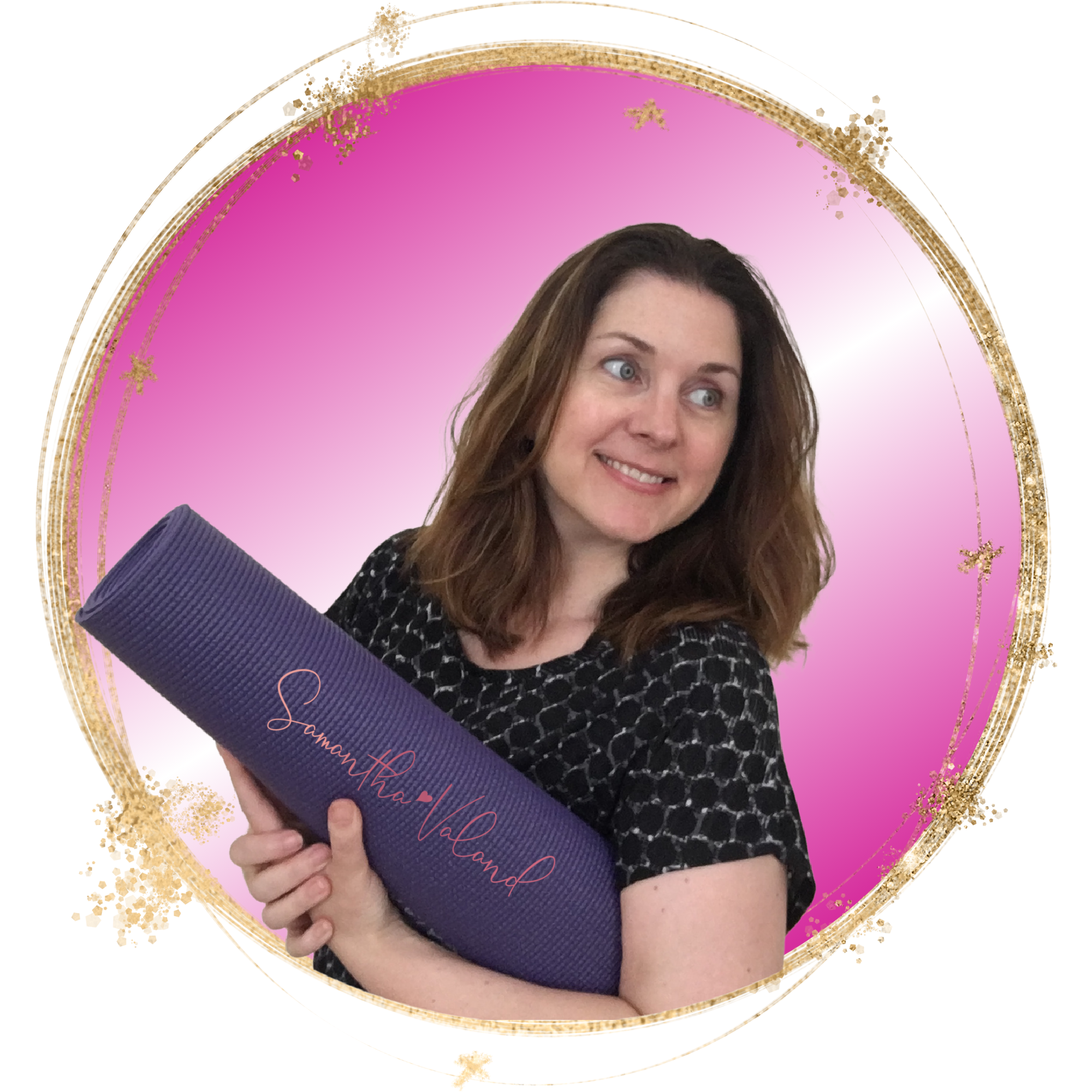9 Reasons to Track Your exercise Habits
When you are exercising in your fifties, it can feel like starting from at the beginning again. How you exercised before the menopause is not how you are exercising now Figuring out what you like and also what likes you! Hormones don’t just switch off and can still cause a bit of mischief- Motivation! Ticking your list gives a sense of accomplishment. Seinfield was famous not just because of his show but his consistency. He marked a red cross x on his wall calendars every day he wrote. Your brain is wired not to want to skip or break the chain!
- Adjustments. During the menopause it can feel that the sand is constantly shifting under your feet. Being able to know when to adjust you to be consistent, which is the deal breaker for any and all habits.
- Feel Good Factor. Some ways to natural reduce menopause symptoms may not be activities you naturally want to do. Hatha Yoga is a good example if this. It’s fabulous for reducing symptoms but it is back to being the being the new girl in the class which never feels good! Acknowledging how you feel after completing your new habits helps reinforce your intention to do it regularly.
- It changes you! What changes do you expect to see? I believe the benefits of habits cross over. Physical habits improve your mood. Taking a wide spread view when tracking particularly during the menopause. Many activities have a domino effect. Small changes can impact later in our day that aren’t deliberate! Getting a good night’s sleep isn’t just what you do immediately before bedtime, it’s lots of things such as a caffeine curfew beforehand.
- Ring fencing. Some habits are more important than others. Often, it’s not until we start to track our habits then we can zoom out and see the bigger picture. We can spot the start of the ripple. What are the steps or prep work do you need to do before getting to the gym or Pilates class?
- Progress. Regularly taking part in activities that you are a beginner or not naturally good can feel like really slow. It’s easy to see what you still have to do and harder to remember where you started from when you don’t make a note of it
- Automatic or Mindful. Habits fall into these two categories. Some habits such as brushing your teeth you want to be automatic, a no brainier, don’t even think about it. Other habits need you to be mindful to adjust them to what you need today. Not on the day you set the goal for yourself. This may be exercising, where you turn up but dial the intensity up and down based on what your energy levels are on the day.
- Moody? When you really don’t want to! If the menopause is messing with your moods and you find you just don’t want to do the things that you know are good for you. Chances are that it happens more than once so how do you get yourself over the hump? What’s the simplest version of what you are trying to do? Yoga in your living room may not be perfect, but it is better than not attending the class in the gym, that you just can’t face. Tracking helps you spot these repeating patterns
- Negotiations. You may find you need to negotiate with yourself to do something. Just 5 mins, just a few more. Joining the dots of activities that you don’t particular enjoy but feel massively better once you have done then is a key to being consistent.




